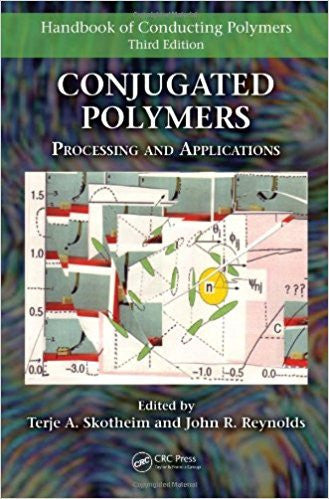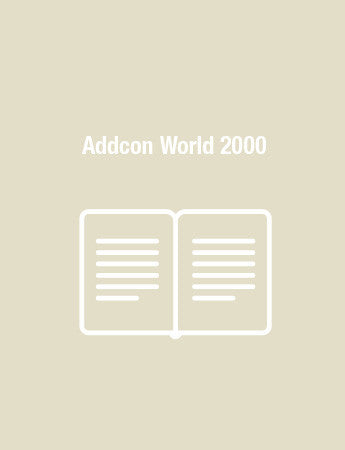Handbook of Conducting Polymers, 3rd Ed. 2 Vol. Set
As the field of conjugated, electrically conducting, and electroactive polymers has grown, the Handbook of Conducting Polymers has been there to document and celebrate these changes along the way. Now split into two volumes, this third edition incorporates the latest developments in both the fundamental science and practical applications of polymers while maintaining the clear format of the previous editions and the expertise of the editors and world-renowned contributors.
The first volume in the set focuses on the concepts and basic physical aspects needed to understand the behavior and performance of conjugated polymers. The book describes the theories behind p-conjugated materials and electron-lattice dynamics in organic systems. It also details synthesis methods and electrical and physical properties of the entire family of conducting polymers.
Picking up where the first volume left off, the second book concentrates on the numerous processing methods for conducting polymers and their integration into various devices and applications. It first examines coating, printing, and spinning methods for complex patterned films and fibers. The book then shows how conducting and semiconducting polymers are applied in many devices, such as light-emitting displays, solar cells, field effect transistors, electrochromic panels, charge storage devices, biosensors, and actuators.
As the science of conjugated and conducting polymers progresses, further applications will be realized, fueling greater possibilities in textiles, optics, electronics, and biomedicine. This handbook will be there to provide essential information on polymers as well as the most up-to-date developments.
The first volume in the set focuses on the concepts and basic physical aspects needed to understand the behavior and performance of conjugated polymers. The book describes the theories behind p-conjugated materials and electron-lattice dynamics in organic systems. It also details synthesis methods and electrical and physical properties of the entire family of conducting polymers.
Picking up where the first volume left off, the second book concentrates on the numerous processing methods for conducting polymers and their integration into various devices and applications. It first examines coating, printing, and spinning methods for complex patterned films and fibers. The book then shows how conducting and semiconducting polymers are applied in many devices, such as light-emitting displays, solar cells, field effect transistors, electrochromic panels, charge storage devices, biosensors, and actuators.
As the science of conjugated and conducting polymers progresses, further applications will be realized, fueling greater possibilities in textiles, optics, electronics, and biomedicine. This handbook will be there to provide essential information on polymers as well as the most up-to-date developments.
- Retains the expertise of the world-renowned editors and contributors as well as the clear format from previous editions
- Describes in detail the structure-property relationships of redox, interfacial, electrical, and optical phenomena unique to conducting polymers
- Highlights conducting and semiconducting polymers in light-emitting displays, solar cells, field effect transistors, electrochromic panels, charge storage devices, biosensors, and actuators
- Features the most active and visible researchers in the field of conjugated and conducting polymers
- Includes numerous equations, tables, and both black and white and color figures




